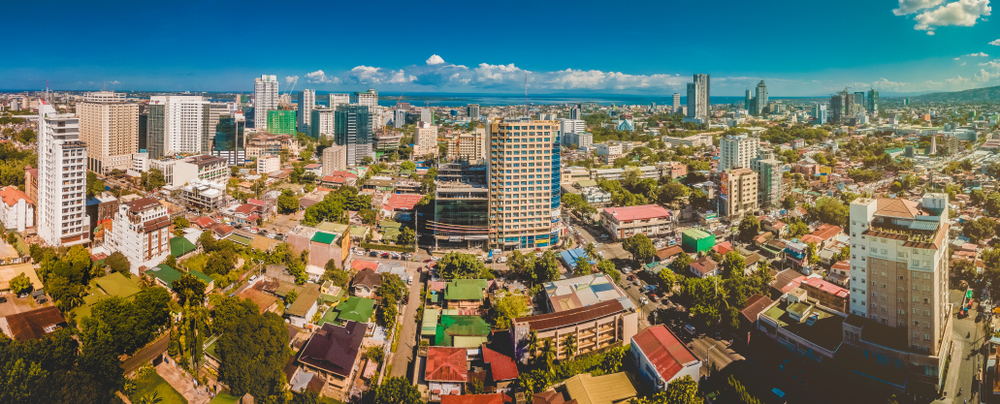BPOs continue to dominate the Philippines’ office sector
It is expected that there will be a sustained demand in Cebu, Iloilo, and Pampanga

After seven consecutive quarters of negative absorption, the Philippines’ office sector is finally on its way to recovery, with a positive net take-up in Q1 2022. Traditional and BPO enterprises continue to dominate demand. These mainly benefit from rental corrections and the introduction of alternative office buildings in major business centres.
Meanwhile, office rentals fell by an average of 3.1 percent QoQ in Q1 2022. Colliers anticipates a steady recovery in leasing rates beginning next year, as demand from outsourcing and traditional enterprises grow.
Colliers suggests that renters consider occupying flexible workspaces. Those with long-term occupancy plans should secure premises in modern and sustainable office buildings, as well as make the most out of landlord rental corrections and other concessions.
Moreover, in a more liberalised and competitive business environment, landlords should be paying more attention to generating demand from start-ups.
Property consultants have taken note that BPOs are looking outside NCR to set up their offices. Many of them will want to have at least 20 percent of their operations outside Metro Manila, so that in the event of another lockdown, operations will still continue in other locations.
It is expected that there will be a sustained demand in Cebu, Iloilo, and Pampanga.
More: Office demand in the Philippines to be driven by IT-BPM companies
“There are several reasons why call centers would want to lease outside of Metro Manila. It makes sense to look at new labor markets. That’s one of the reasons why we see more inquiries in the provinces, especially in cities that are organized and have prepared themselves to host business process outsourcing (BPO) companies,” Leechiu Property Consultants Executive Director Phillip G. Anonuevo said in a virtual interview with BusinessWorld.
The Philippine Economic Zone Authority (PEZA) allowed registered IT-business process management (IT-BPM) enterprises to operate 70 percent onsite and 30 percent on a work-from-home (WFH) arrangement in March of this year.
The Property Report editors wrote this article. For more information, email: [email protected].
Recommended
Why everyone is moving to Selangor and Johor: Malaysia’s real estate comeback
Malaysia’s upturn in fortunes is especially prevalent in secondary destinations such as Selangor and Johor
Penang’s silicon boom: How the US-China tech war is supercharging local real estate
Penang’s booming semiconductor industry has created ripples within the local real estate sector
New leader, new opportunities: How Hun Manet is shaking up Cambodia’s real estate game
Hun Manet is overseeing decent economic growth and widening access to the country’s real estate market for foreigners
Singapore embraces inclusive housing reforms amid resilient demand
The Lion City’s regulatory strength continues to exert appeal for international investors








